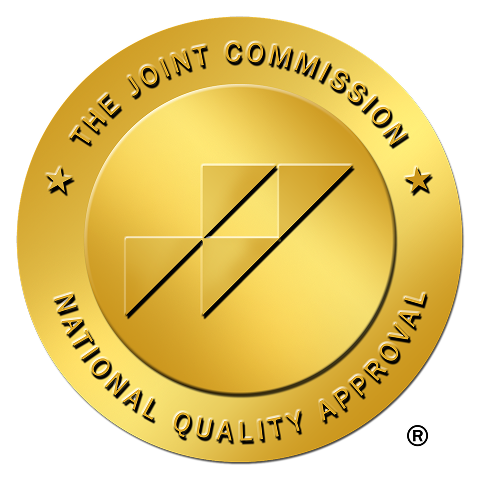Psychotic Disorder Treatment at Overstory Health
Psychotic disorders, including schizophrenia, cause hallucinations, delusions, and disorganized thinking. They disrupt life, relationships, and functioning without proper treatment.






Schizophrenia
Serious mental illness affecting how a person thinks, feels, and behaves, often causing loss of touch with reality.
Schizoaffective Disorder
Schizoaffective disorder combines symptoms of schizophrenia (psychosis) with major mood episodes (depression or mania).
Psychosis and Secondary Mood Disorder
Psychosis with secondary mood disorder involves loss of reality plus depressive or manic symptoms.
Comprehensive Care Tailored to Your Needs
Our programs, known as Intensive Outpatient (IOP) and Partial Hospitalization (PHP) Programs, offer an intermediate level of care best suited for those in need of greater support than standard weekly therapy but without requiring a hospital stay. We provide:


Our Approach to Intensive Therapy
Overstory offers expert-reviewed, flexible, and compassionate mental health care tailored to individual needs, with personalized goals and whole-person support.


The Overstory clinical model has been reviewed by a multi-disciplinary team of clinician experts at McLean Hospital.

We offer both in-person and virtual treatment for those in our care, giving you the flexibility to choose what's right for you and your schedule.

Each one of our clients is consulted about individual needs outside of chronic mental health challenges to ensure whole-person care.

We work with you to set treatment goals and monitor your progress, but we recognize that "success" isn't one-size-fits-all. We’re here to define success together.
Frequently Asked Questions
Psychotic disorders are caused by a combination of genetic, biological, and environmental factors, including chemical imbalances in the brain, traumatic experiences, or substance abuse.
Psychotic disorders, including schizophrenia, affect approximately 1.5%-3.5% of the population worldwide.
Through evidence-based individual therapy, facilitated group therapy, medication management, and a non-judgemental environment, Overstory’s programs treat psychotic disorders.
An Intensive Outpatient Program (IOP) helps treat psychotic disorders by providing structured treatment with multiple weekly sessions, focusing on individual therapy, group support, and skills development. It offers a more intensive level of care than regular outpatient therapy but allows participants to live at home and continue with daily activities.
A Partial Hospitalization Program (PHP) helps with psychotic disorders by providing intensive therapy and support, including individual and group sessions, to address symptoms, improve coping skills, and promote stabilization. It offers a structured environment during the day while allowing individuals to return home in the evenings, promoting recovery without the need for 24/7 inpatient care.
Signs of a psychotic disorder may include experiencing hallucinations, delusions, disorganized thinking, or difficulty distinguishing between reality and imagination, and it's important to seek professional help for a proper diagnosis if these symptoms occur.
Duration in Overstory’s programming will depend on individual need but is expected to last two to six weeks.

